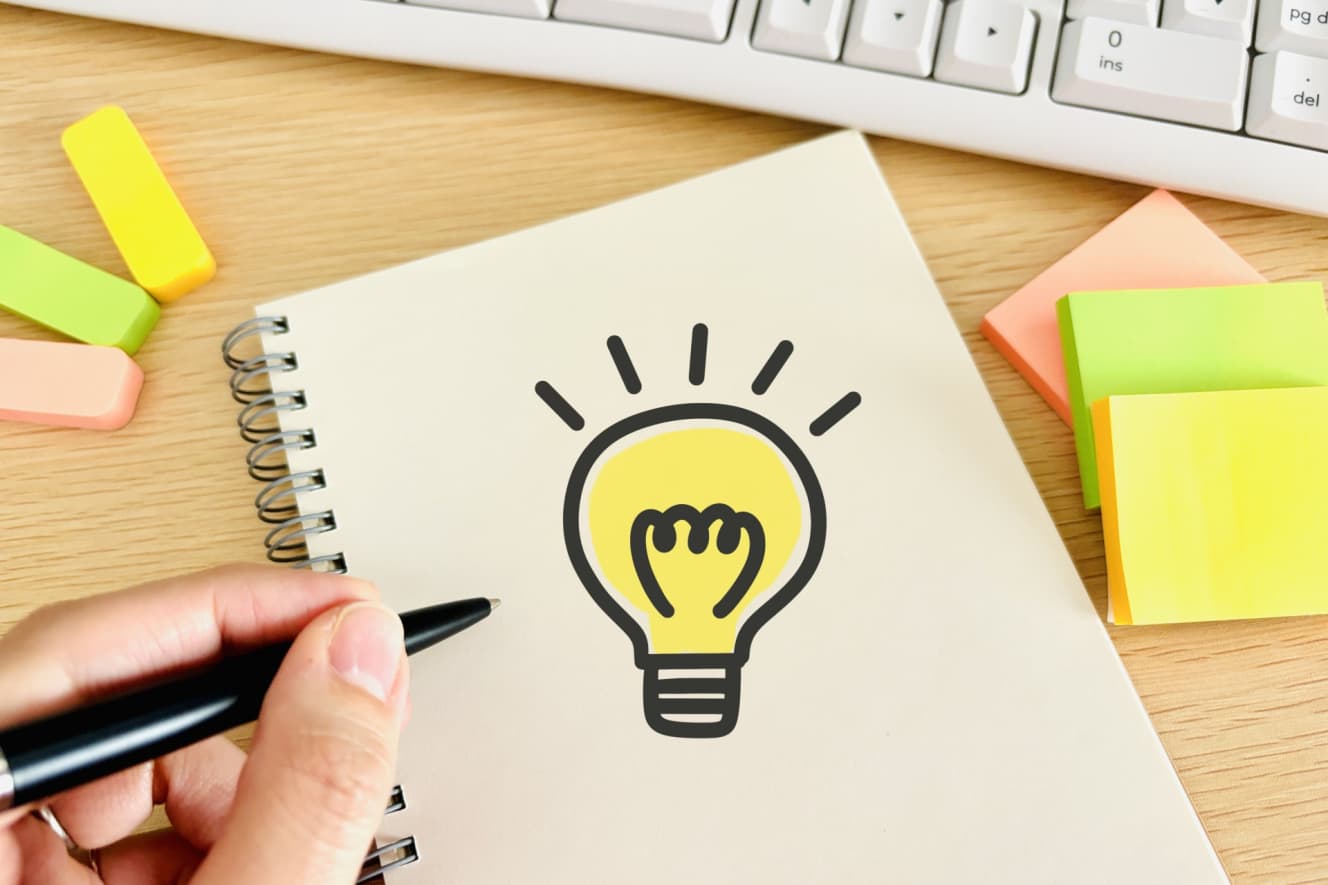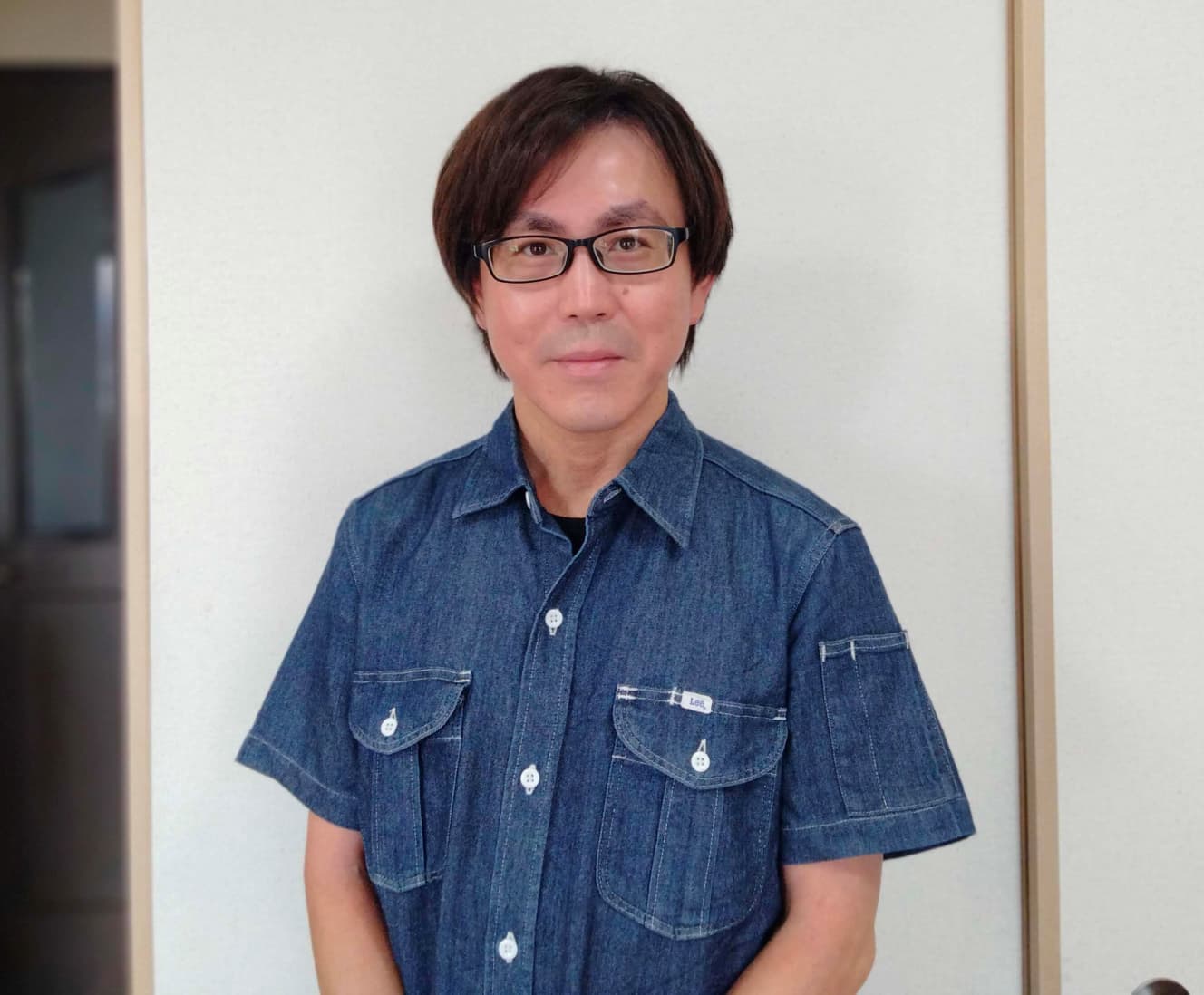Handwriting” moves the arm, the eye and the brain – “Memo & Notebook Techniques” that change your life by daring to go analog

By moving your hands, you can remember and visualize.
With the coming of the New Year, many of you may be thinking about making changes in your lifestyle. There is an inexpensive way to drastically improve your lifestyle. All you need is a pen and a notebook. If you don’t have a notebook, just cut up last year’s calendar and use notepaper.
Nobuyuki Okuno, author of “Moyamoya, moyamoya ga jumbo ga suki suru tegaki noto & memo jutsu” (Clear the muddle and clutter with a handwritten notebook & memo technique) (Kawade Shobo Shinsha), explains.
If you are thinking of starting a diet this year, why don’t you start by recording your daily food intake and weight in a notebook? Don’t use notes or photos on your phone, but go as analog as you dare. Handwriting not only moves your hands, but also your arms, eyes, and brain. Even if you write poorly, handwriting makes it easier to remember. If you just take pictures of what you eat, you will end up flushing it down the drain.
I also use the to-do app on my phone for scheduling, but I often lose track. Even if it’s tedious, if you write it down in a notebook, it will stay in your memory by writing it down with your hands, you can visualize it, and points for improvement in your diet will naturally emerge.”
Okuno began keeping a notebook at the age of 22, and now has 264 notebooks. By writing down even the amount of food she eats in detail, she is able to quantify her own physical condition through continuous notes on how much she needs to eat to feel energized and active, and how much more she needs to eat to feel sleepy.
You don’t have to spell it out in detail like I did from the beginning,” he says. For example, you will be able to see how many times you eat ramen in a week. The factor that caused me to gain weight will be ‘I ate too much ramen at night,’ so I can switch to eating less tomorrow, or substitute buckwheat noodles.
Just put the bag of disposable chopsticks or the receipt of the restaurant where you ate in your notebook. If you write something like “Kitsune Soba, it was delicious, the service was good” next to it, it will be unique and will remain in your memory for sure. By continuing to do this, you can tackle even the toughest diets cheerfully.
Handwriting has a number of advantages. One is that it leads to self-management and self-analysis, as already mentioned. What did you eat, how much sleep did you get? If you continue to write even simple descriptions, when you feel “in good shape today,” you can look back at your notebook and notice your own rules.
You may know from your body’s physical sensations that the amount of alcohol you consume will not affect you the next day, but if you keep notes, you will be able to understand your body more clearly. If you can quantify your body’s characteristics, such as how many hours of sleep you need to get your work done and how many hours or less you need to sleep the next day, you will be more likely to try to lead a healthy life.
Create a “personal space” instead of a social networking site.
It can also be used for hobbies. When traveling, it is common to visit famous and historic sites and take photos of a sumptuous dinner at a Japanese inn with your smartphone or other devices. In addition, you can write down your impressions in a notebook, or attach a piece of paper from a local snack wrapper or a ticket stub from a ride you took to make your memories even more profound.
Amateur photos taken with a smartphone are common and lack a sense of realism. But if you put them in a notebook, you can look back on memories of the trip and say, ‘The white bean paste was delicious,’ or ‘The snow was falling on the top of the mountain, it was beautiful. We live in an age where anything can be seen on the Internet, but the bag of chopsticks you ate at the inn or the wrapper of a famous confectionary would not have been uploaded.
If you have those things in your notebook, you can recall them in three dimensions and think back that you had a rich trip. In fact, even if you go there and it is all crowded with inbound tourists, you can look back and say that you had a good trip if you extract the memories of the fun you had. Even if your notebook gets wet from the rain and the writing gets blurry, you can look back on it with a rich feeling.
With the recent popularity of social networking, there is a tendency for people to compete with each other to see who they ate with, where they ate, and what they ate, as if it were a matter of status. Taking a step back from such a trend, notebooks allow people to find enjoyment in their own private space.
If you think that other people are watching you on social networking sites, you will end up forcing yourself to eat things you don’t want to eat. It disturbs your pace, makes it less enjoyable, and eventually you stop. If you are in your own private space, there is no shame in eating “curry soba at Fuji Soba” or “negitoro donburi at Sukiya”. I can write it down plainly and without pretension because no one can see it. All I have to do is look back and secretly laugh, saying, ‘I go to standing buckwheat noodle restaurants too much. And since the notebook is closed, I don’t have the stress of being compared to others.”
Writing helps you “objectify” yourself.
Writing in one’s own handwriting helps to organize one’s mind. What has been troubling you in the back of your mind can be clarified by writing it down. By writing down your problems in a notebook, you can objectively see whether you can solve them or not.
When we try to deal with our problems in our minds, our fears and anxieties increase, and we tend to overestimate them and run off on our own. But by writing it down, it first acts as a brake and calms you down. You will be able to analyze calmly, and you may even find a breakthrough for your problems. If something is out of your control despite your best efforts, you will be able to look at it as a third party and say, “This is out of control, let’s stop worrying about it.
A notebook and pen can be bought anywhere and change for 300 yen. How about starting a handwritten review of your daily life after the New Year, when you get a jolt when you step on the scale?
Nobuyuki Okuno
After graduating from Doshisha University’s Faculty of Letters, Nobuyuki Okuno worked for publishing companies and newspapers before becoming a freelance writer. His book, “Keep All Your Information in One Notebook,” which describes his unique information organization techniques, became a huge bestseller, selling more than 550,000 copies in three books in the series.


Interview and text by Daisuke Iwasaki: Daisuke Iwasaki